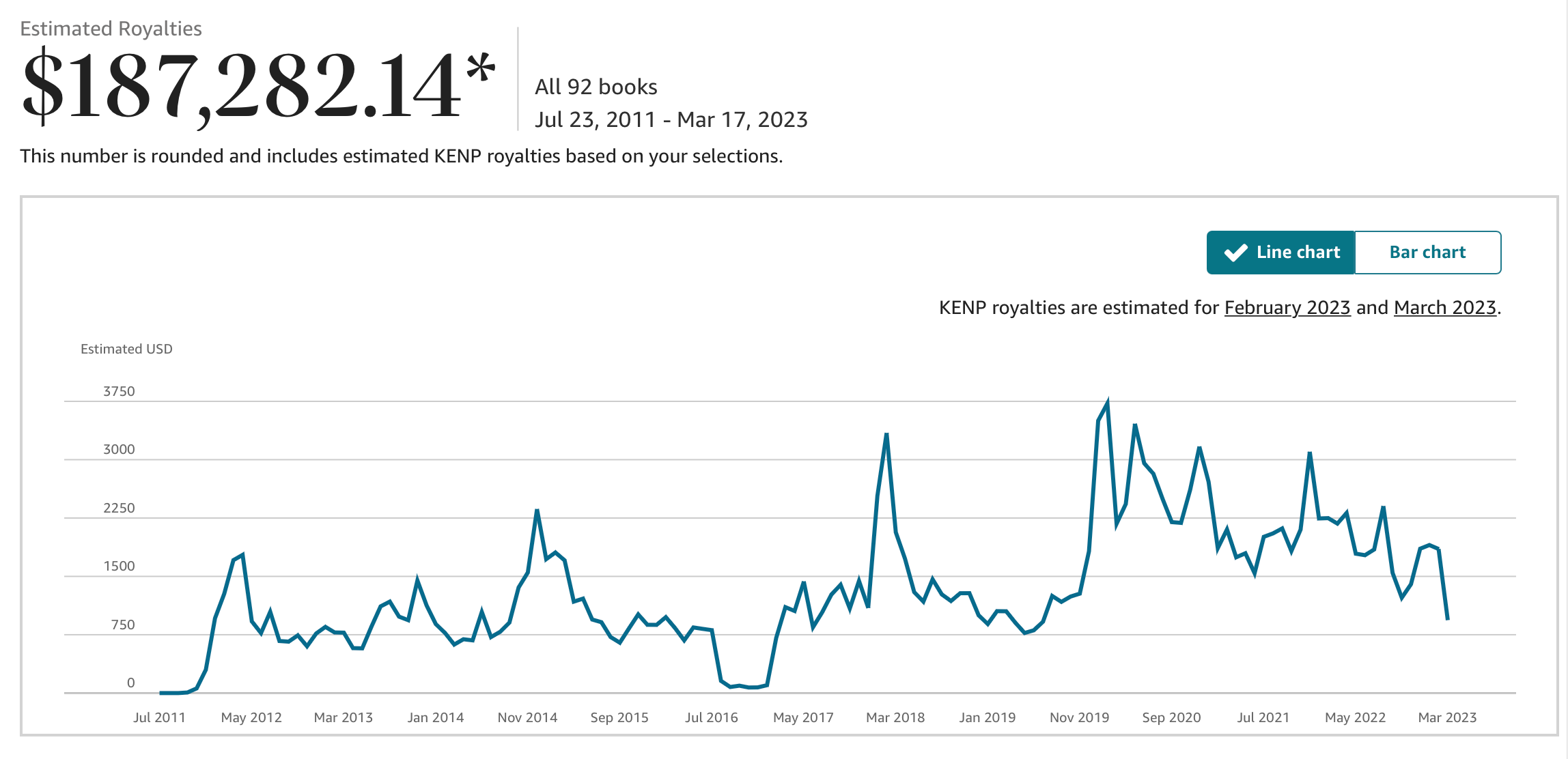Resetting my relationship with television to live a more balanced life
After a long day, there’s nothing better than zoning out in front of the TV and getting lost in the worlds of characters from your favorite shows.
For as long as I can remember I have turned to television as a source of comfort, an effortless and entertaining way to decompress after a long day; and have ignored my mother’s cries “too much television rots your brain!”.
Unfortunately, Dr. Ryan Dougherty, from Johns Hopkins Bloomberg School of Public Health has published new research which proves my mother was right.
The study
Dr. Dougherty and his team examined the viewing habits of 599 people over 20 years and found that the more television you watch in middle age (between 30–50), the lower your volume in grey matter.
The study participants underwent MRI scans which revealed those reporting the highest amounts of TV time had the lowest grey matter volumes. The study also discovered that for every additional hour of television watched, grey matter volume declined by 0.5 percent.
So, watching more TV each day during middle age (between 30–50) can age the brain faster and put viewers at a greater risk of cognitive decline later in life.
I must admit this study gave me cause for concern. Ever since I was a teenager, I’ve been an avid TV watcher. For me television is not just a source of enjoyment, it’s a stress management tool. It helps me shut my mind down and tune out the pressure of day-to-day life.
But it’s a well-accepted fact that the neurobiology of dementia, including brain atrophy begins during midlife. And as much as I hate to admit it, I’m not 25 anymore.
So, I wanted to reflect on this study, try to understand why our generation watches so much TV, and consider if I need to change my relationship with television.
How we watch tv has rapidly changed over the last decade
For me, the most marked change for the average person is how differently we consume television than we did even ten or fifteen years ago.
I still remember the excitement on a Friday night as a school child, as I knew the latest episode of doctor who would be on at 6 pm, and we’d watch as a family (I hid behind the sofa whenever Davros came on screen).
As a university student, I was an early adopter of the love-film mail-order subscription in 2004, which was revolutionary at the time (sorry blockbusters).
Now, thanks to streaming platforms like Netflix and Amazon Prime, we have access to thousands of shows instantly across multiple portable devices. And it seems our generation is taking full advantage of this access:
· According to a survey by the U.S. Bureau of Labor Statistics, the average American spends around 2.7 hours watching TV per day, which adds up to almost 20 hours per week in total.
· A Netflix survey found that most of their subscribers choose to binge-watch their way through a series versus taking their time — finishing an entire season in one week, on average.
· Another survey found that 361,000 people watched all nine episodes of season 2 of ‘Stranger Things,’ on the first day they were released.
The rapid pace of technology has made it too easy to watch television. It was only in the mid-sixties that people started to own color TVs. Now, thanks to the advent of smartphones, we all carry portable televisions in our pockets.
No longer do you have to wait a week for the next episode of your favorite show, you can watch it anytime, anywhere.
TV watching can become an addiction
One of the main reasons I worry about my relationship with television is the growing body of evidence that suggests television may be addictive.
According to Dr. Renee Carr, a clinical psychologist who studies the addictive effects of television “The neuronal pathways that cause heroin and sex addictions are the same as an addiction to binge watching television. Your body does not discriminate against pleasure. It can become addicted to any activity or substance that consistently produces dopamine.”
So, to put it simply — you can have too much of a good thing.
When you binge watch too many episodes of a show back-to-back, your brain continually produces dopamine. This makes you feel good but also develops ever growing cravings for more dopamine, which can only be satiated by watching more television.
I recognize this behavior in myself — I often turn on the television to calm myself when I’m feeling anxious or worried, as a way of soothing myself. Through really difficult periods of my life, I have routinely become dependent on watching TV before work, at lunchtime, and after work to help me keep calm. But of course, this is less therapeutic, and more of an avoidance tacit, and the beginnings of an unhealthy dependency.
TV is the defining art form of our generation
While the risks of wasted time and intellectual potential caused by watching the television are clear I refuse to quit completely, and here’s why.
What I find interesting about Dougherty’s study is that while he explored the link between hours of television watched versus grey matter decline, he made no distinction about the type of television the participants were watching, which I think is a big variable.
And the thing is, there is more great television now than there has ever been before in the history of the medium. I’d go so far as to argue that we are currently living in a golden age of television.
House of cards, breaking bad, mad-men, the west wing — not only are these shows visually stunning, but they explore themes that go to the very nature of society and how we live today.
These shows are compelling to watch, make me question things, and make me hunt for deeper meaning. These shows aren’t hurting my capacity to think as I’m not watching them passively, I’m actively engaged.
What’s more, as popular TV shows are now so easily accessible, and translated into multiple languages, they create huge moments of cultural unity. Television has become a central plank in global conversations about entertainment and art — creating common ground across divergent countries.
How I’m resetting my relationship with television
But I can’t ignore the fact that my current television habits mean I spend far too much time watching television — and often choose to watch television when I could be using the time to better myself, to write, to read, to exercise, or simply spend more time with loved ones.
So, I’m resetting my relationship with television in an effort to lead a more balanced life.
1. I’m no longer watching television in the morning, which I know is the most productive and therefore most valuable time of the day for me.
2. I’m trying to stop watching television last thing at night as it often means I end up going to bed far later than planned as one cliffhanger leads to the next episode and the next.
3. I’m limiting TV to twenty minutes over lunch (as a tool for stress relief) and an hour at night (between 8–9 pm) so I don’t over-watch.
4. And I’m only watching the good stuff — television that challenges me to think differently and expands my worldview.
These rules, while requiring self-discipline, are helping me to develop a healthier relationship with television, and if you’re reading this, I hope they can help you too.
Now, please tell my wife I love her. I’m off to watch selling sunset and due to my inevitable cognitive decline, I may not remember her name afterwards.





